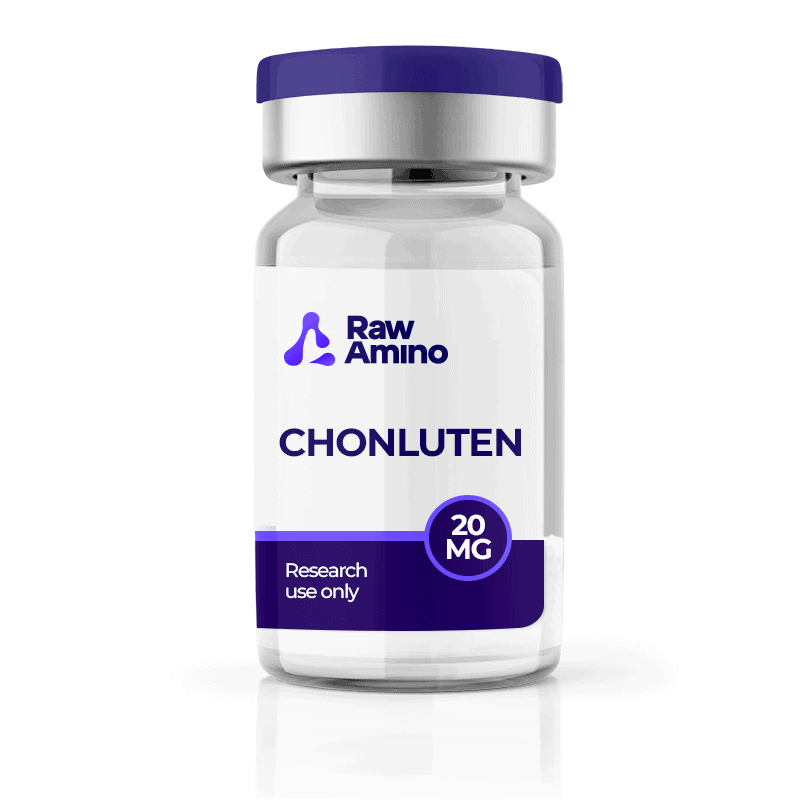
Chonluten – 20MG
$60.00
Discount per Quantity
| Quantity | Discount | Price |
|---|---|---|
| 5 - 8 | 5% | $57.00 |
| 9 + | 10% | $54.00 |
Scientific Overview of Chonluten
Chonluten, also referred to as Tripeptide T-34 or EDG (Glu-Asp-Gly), is a synthetic short peptide that has been investigated in connection with cellular regulation, gene expression, and inflammatory pathways. Research suggests it may participate in processes related to oxidative stress responses and cellular proliferation.
Alternative Names: Tripeptide T-34, EDG (Glu-Asp-Gly)
Chonluten Studies and Research Data
Chonluten Investigations in the Pulmonary System
Experimental work in models of bronchial and respiratory conditions has proposed that Chonluten may influence the expression of genes associated with inflammatory signaling, such as TNF-α, COX-2, and HSP70. Findings suggest it may contribute to regulating c-Fos, a gene connected with cell proliferation and differentiation, particularly under hypoxic conditions. Observations in test models of chronic bronchitis with an asthmatic component noted changes that could be linked to reduced coughing and bronchospastic presentations.
Gene Expression and Cellular Pathways
Research has highlighted the potential of short peptides like Chonluten to interact with DNA and modulate gene expression. Studies have examined possible roles in regulating apoptosis and cellular proliferation, as well as in modulating the transcription of antioxidant-related genes. These findings suggest that Chonluten may be considered among peptides investigated for their capacity to influence oncogene activity and aging-associated processes at the cellular level.
Gastrointestinal Research
Exploration of Chonluten in murine models of peptic ulcers has indicated potential changes in the expression of genes such as superoxide dismutase (SOD), TNF-α, and COX-2. These enzymes and cytokines are associated with oxidative balance and inflammatory signaling. The peptide was studied for its possible role in modulating these pathways within the gastrointestinal tract, suggesting a broader relevance to systemic processes beyond the lungs.
Chonluten Studies on Stress and Hypoxia
Additional investigations have proposed that Chonluten may contribute to adaptations under conditions of low oxygen availability. Observations in experimental models suggest it might be connected with improved tolerance to hypoxic stress and potentially with restored functional parameters of the pulmonary system. These findings are often interpreted in the context of gene regulation and antioxidant responses.
Conclusion
Chonluten is a synthetic tripeptide that has been studied in a variety of contexts, including pulmonary research, gastrointestinal models, and investigations into gene regulation. Experimental findings suggest potential connections to antioxidant pathways, inflammatory signaling, apoptosis, and cellular stress responses. While data indicate promising directions for understanding its role in bioregulatory mechanisms, research remains preliminary and primarily experimental.
References
- Khavinson, V., Linkova, N., Dyatlova, A., Kuznik, B., & Umnov, R. (2020). Peptides: Prospects for Use in the Treatment of COVID-19. Molecules (Basel, Switzerland), 25(19), 4389. https://doi.org/10.3390/molecules25194389
- Khavinson, V. K., Lin’kova, N. S., & Tarnovskaya, S. I. (2016). Short Peptides Regulate Gene Expression. Bulletin of experimental biology and medicine, 162(2), 288–292. https://doi.org/10.1007/s10517-016-3596-7
- Khavinson, V., Lin'kova, N. S., Dudkov, A. V., Polyakova, V. O., & Kvetnoi, I. M. (2012). Peptidergic regulation of expression of genes encoding antioxidant and anti-inflammatory proteins. Bulletin of experimental biology and medicine, 152(5), 615–618. https://doi.org/10.1007/s10517-012-1590-2
- Avolio, F., Martinotti, S., Khavinson, V. K., Esposito, J. E., Giambuzzi, G., Marino, A., Mironova, E., Pulcini, R., Robuffo, I., Bologna, G., Simeone, P., Lanuti, P., Guarnieri, S., Trofimova, S., Procopio, A. D., & Toniato, E. (2022). Peptides Regulating Proliferative Activity and Inflammatory Pathways in the Monocyte/Macrophage THP-1 Cell Line. International journal of molecular sciences, 23(7), 3607. https://doi.org/10.3390/ijms23073607
- Khavinson, V., Linkova, N., Kozhevnikova, E., Dyatlova, A., & Petukhov, M. (2022). Transport of Biologically Active Ultrashort Peptides Using POT and LAT Carriers. International journal of molecular sciences, 23(14), 7733. https://doi.org/10.3390/ijms23147733
Disclaimer:
The products mentioned are intended solely for laboratory research and in-vitro experimentation. They are not approved for human or animal use of any kind. All details provided are for educational purposes only. By purchasing from this site, you agree to comply with our Terms and Conditions.
Only logged in customers may leave a review.

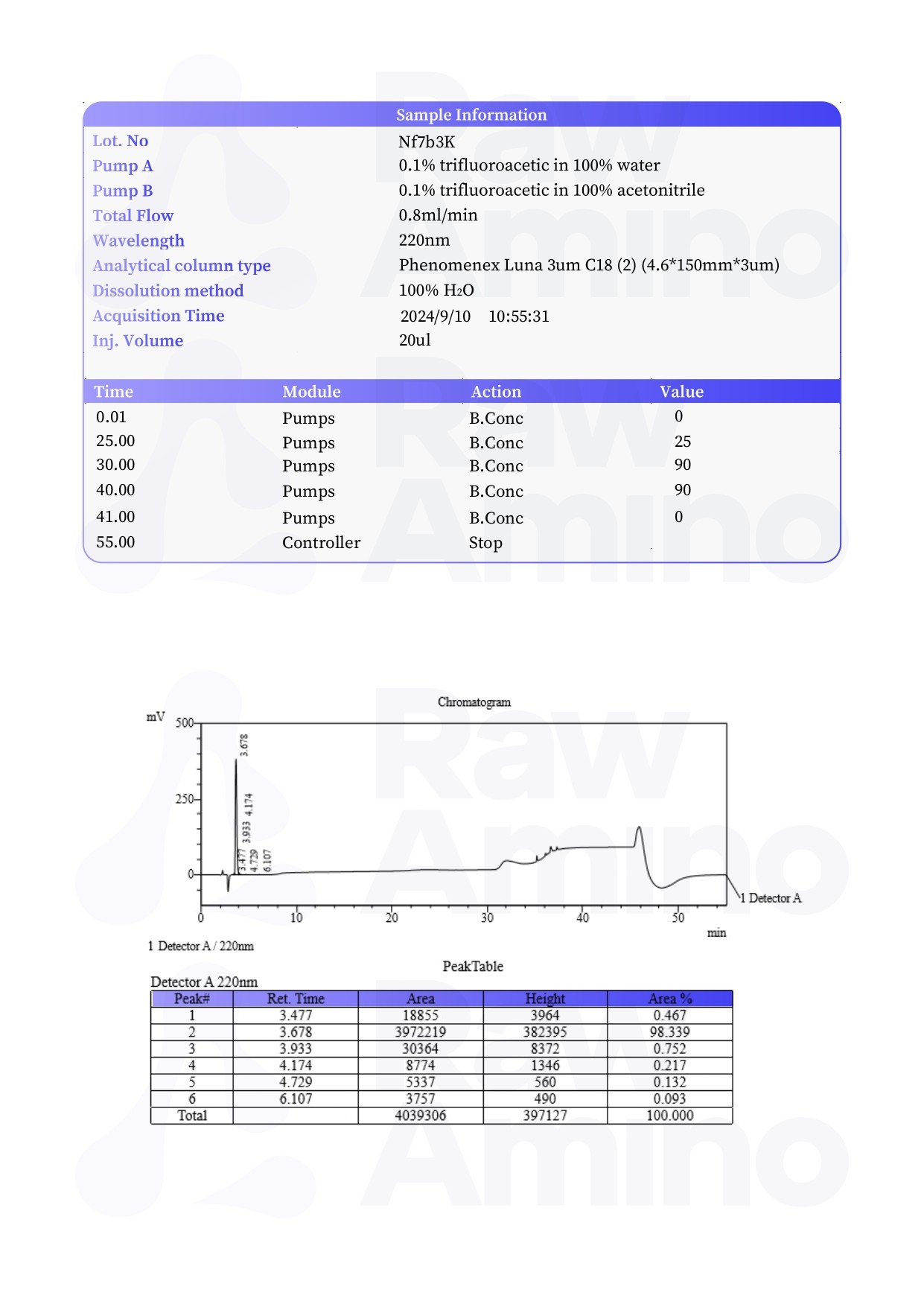
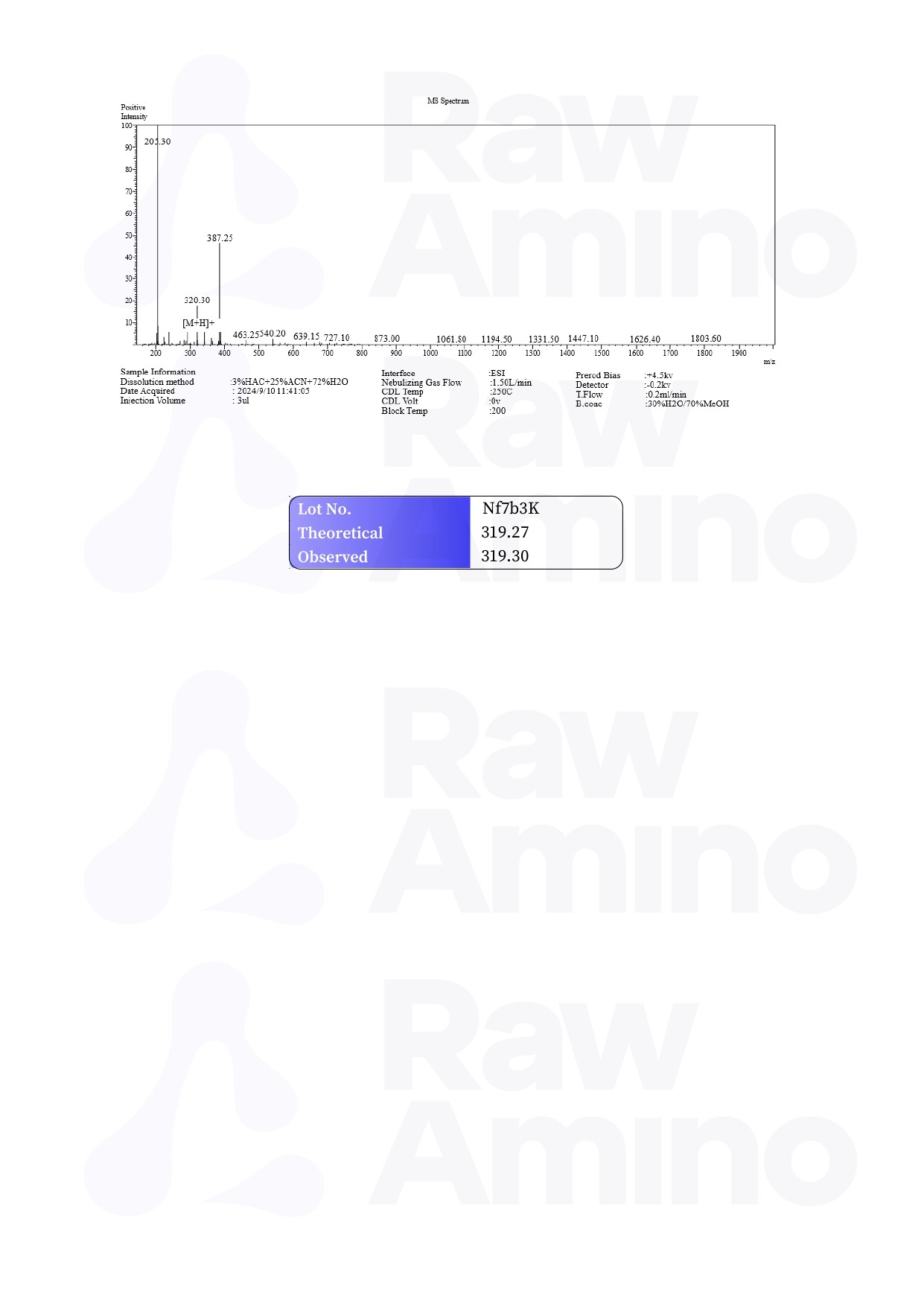
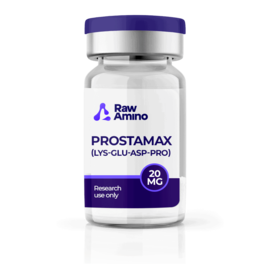
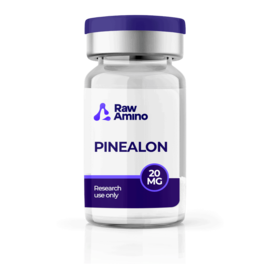
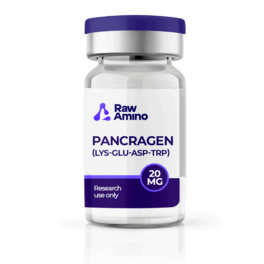
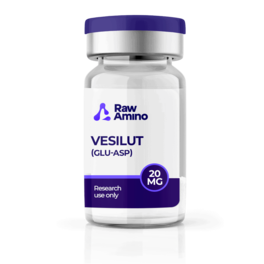
Reviews
There are no reviews yet.